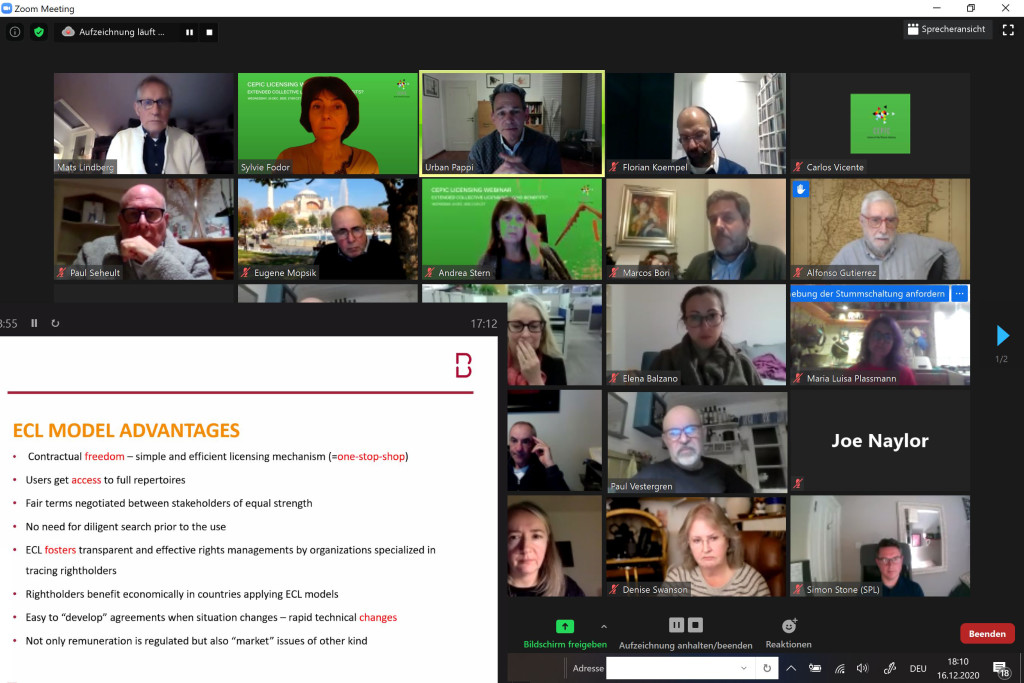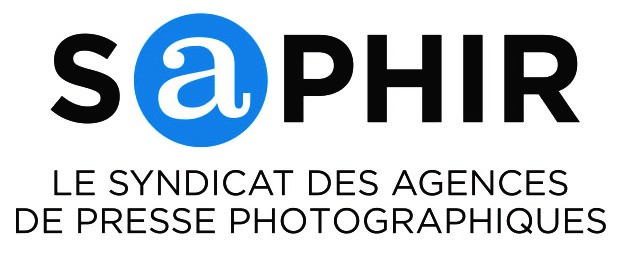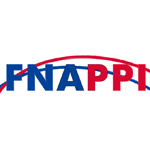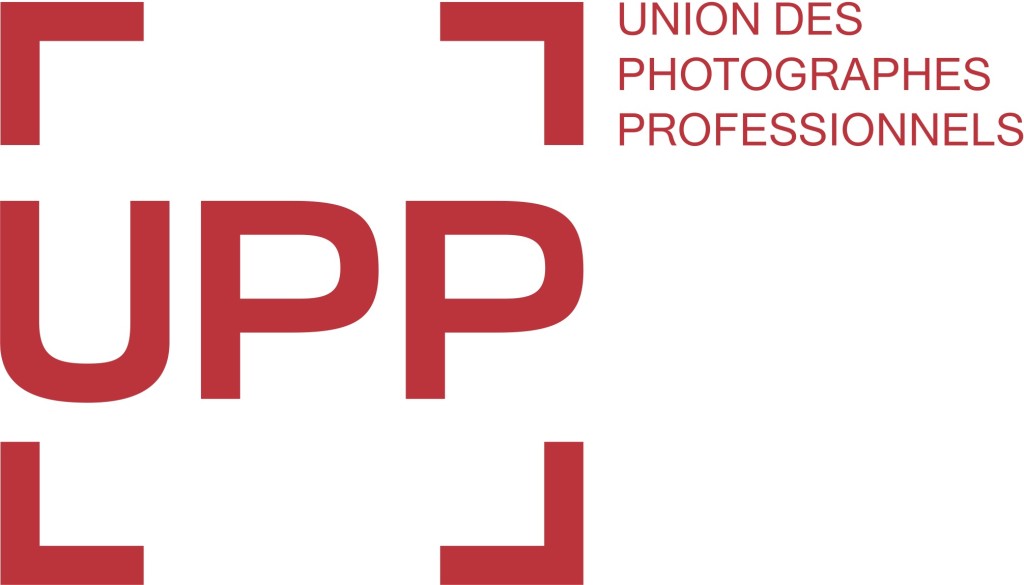How is extended collective licensing fit for purpose to negotiate with online platforms for content uploaded by users? How will the relationship between photographers and picture agencies be affected? Will hobby photographers be remunerated too? Are CMOs representative? Those were but a few of the many questions raised at the CEPIC licensing webinar on 16th December.
The number of participants and their variety showed an increased interest in collective management issues.
From all the feedback we have received the webinar was well received. The webinar succeeded in expressing the divisions of opinion on ECL showing the strength of the views on both sides of the debate.
On the one side of the debate speakers argued that ECL is the only way to deal with mass usage of photos and licensing with online platforms.
“If you don’t have ECL, you have nothing” hammered Paul Vestergren, chair of CEPIC member BLF, “nothing“.
Mats Lindberg, former CEO of Bildupphovsrätt i Sverige, Visual Copyright Society in Sweden (BUS), now senior consultant, presented the “Swedish experience” since the 1960s. “It is a voluntary system“, he explained, “extended to outside parties“. He added: “It has a non voluntary effect on non members. However, if you have a market position, it’s possible to opt-out.”
For his part, Dr.Urban Pappi, CEO of German CMO Bildkunst, sees ECL as a “tool to convince politicians not to discriminate against photography“.
He makes reference to the present consultations on the implementation of article 17 in German national law.
On the other side of the debate, Florian Koempel, copyright consultant, raised the difficult questions on the representation of non members – what about all these hobby photographers and what about non national rights holders? – , the guarantee of their rights, the pratical value of ECL when limited to one member State, the situation when two CMOs might issue extended collective licenses on one national market.
Questions from participants touched on the rights of non national members, difficult collaboration with local CMOs, notably in Spain, and with the concept of “Image Management Entities”.
An important number of questions was raised and the webinar one-hour time did not allow to answer them all.
CEPIC might organise a follow-up webinar in 2021 and will, in any case, continue to contribute to the debate.
Speakers’ presentations are available to webinar’s participants.









